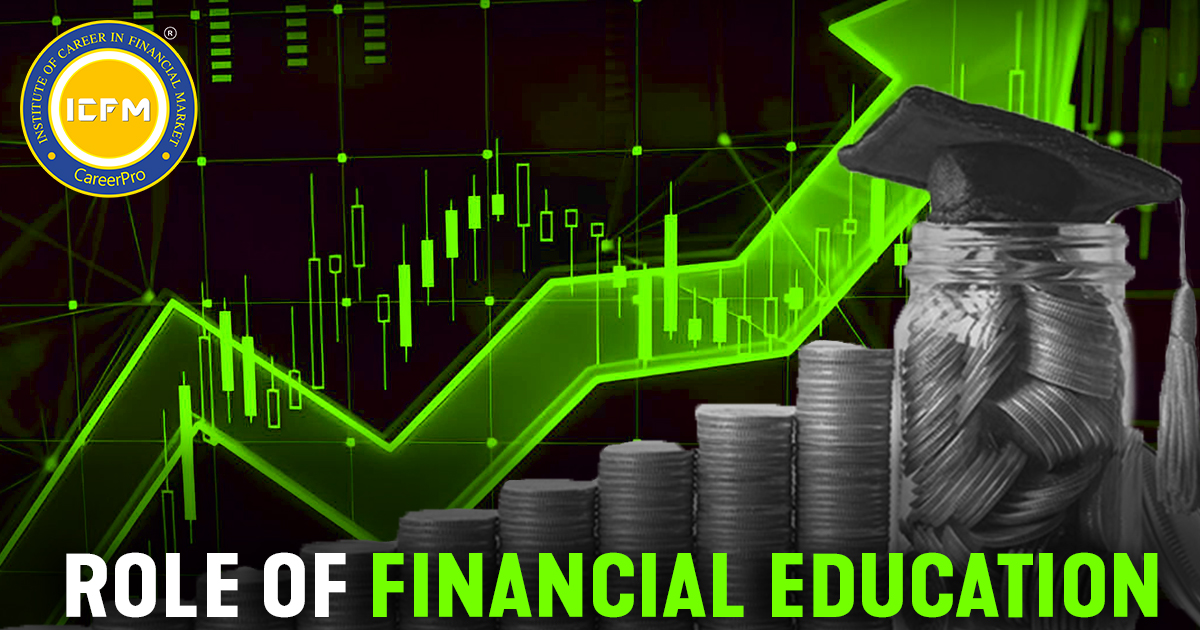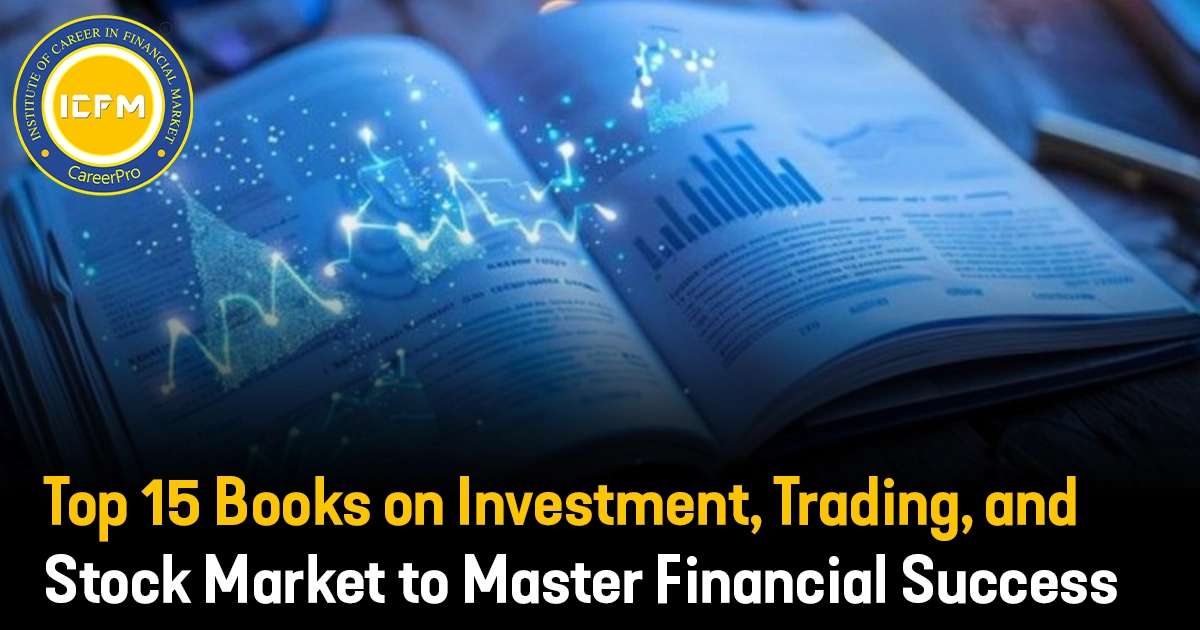The Role of Financial Education in Investing
The knowledge and skills imparted through financial education enable individuals to make better investment decisions and manage their finances appropriately. Here’s a breakdown of its significance.
Growing Self-Esteem
* Grasping Fundamentals: Finance education is crucial in simplifying difficult terms such as stocks and bonds, thus enabling such market participants to come up.
* Creating Comfort Zone: Ignorance is a source of fear and uncertainty in the case of investment which discourages people from taking initiative.
Promoting Wise Investing
* Decision Making: Reasoned and educated investors should be expected not to jump into investments without doing due diligence, appreciating the risks at hand, and coming up with specific strategies.
* Timeframes: Financial knowledge enhances the understanding of longer time investment horizons over the prevailing short-term speculative environment creating healthy investing tendencies.
Ability to Take Calculated Risks
* Understanding Risk Level: Education provides investors with a variety of risks in the market, as well as risks inherent in the economy thus making better choices.
* Prevent Avoiding: Understanding investment strategies such as diversification assists investors in how and when to reduce risks in their portfolio.
Promoting Financial Independence
* Illiteracy of Money: One of the effects of financial literacy is the capacity of the individual to manage their money which results in improved savings, growing wealth, and retirement plans.
* Not Falling in Debt: Persons with knowledge understand what borrowing entails and the implications of paying high interest, so they seldom fall into a debt trap.
Navigating Market Trends
* Getting Updates: Individuals' financial education enables them to acquire relevant date information about the market and economy which gives them the ability to make accurate investment decisions.
* Seeing Gaps: Learning helps investors realize what new trends or industries are developing and should be engaged in.
Fostering Responsible Investing
* Impact Factors: Financially knowledgeable people will be well aware of the morality and unfavorable aspects of their investment enhancing the rise of green and socially responsible investments.
* Awareness. People also learn about the effect that their personal investment decisions have on more general concerns like social problems.
Improving Financial Outcomes
* Return: Evidence has demonstrated that people with financial knowledge are more likely to make appropriate investment choices than those who do not have this knowledge.
* Retirement Preparedness: Spending time and emphasizing the culture of saving and investing leads to higher wealth accumulation in later years.
Improving Communication in working with Financial Advisors
* Optimal engagement: Understanding essential financial concepts allows them to collaborate perfectly with financial advisors to achieve their needs and goals.
Fighting Economic Inequality
* Reducing Inequalities: Knowledge of high-quality finance can in some way close the gap of wealth disparities through implementing relevant strategies and making informed investments by minorities.
Cultivating Lifelong Learners
* Continual Learning: And so many other new trends will continue getting unveiled the next day. Comprehension skills in finance advocate for a culture of learning where there is more to acquire.
Conclusion
Investing in financial education with a personal life is not only beneficial, but it also brings advancement in societies. The more exposure people gain to effective financial management and the confidence to do so we will not only witness positive changes in financial management among individuals but also in a stronger economy. Learning about finance and its basic principles via blogs, workshops, and community-based programs ought to be the incentive for the future generation that be financially educated.









